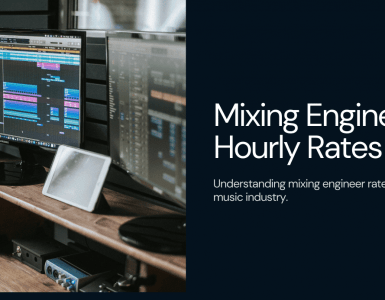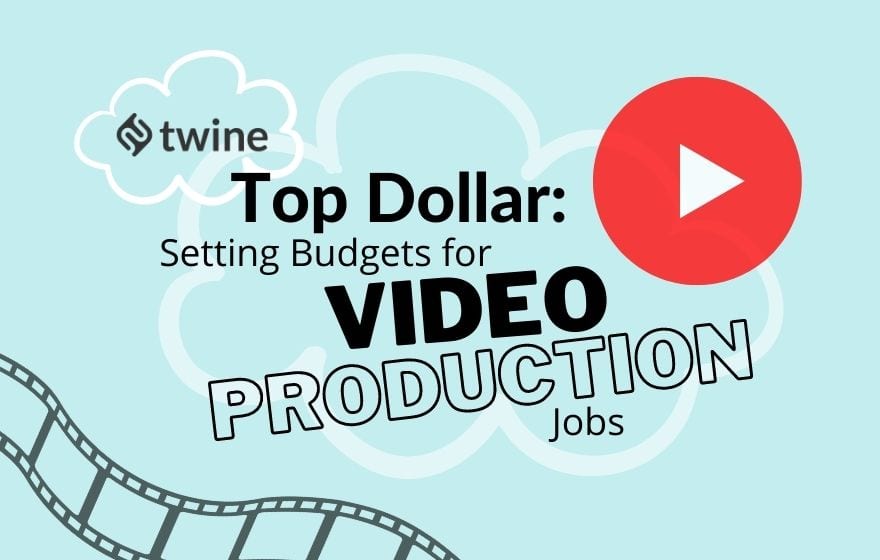
Before you start recruiting for video production jobs, you first have to get the facts straight on video content.
How did you get here? Is that video you shot on your iPhone not quite getting the traffic you expected? But, you gave yourself dog ears and added 12 filters! What isn’t there to love… right?
Let’s face it, a video production budget is no joke. If these struggles sound real to you, it’s time to think about hiring a professional – someone with a gift of wrangling video into viral, engaging content. But, good quality work doesn’t come for free.
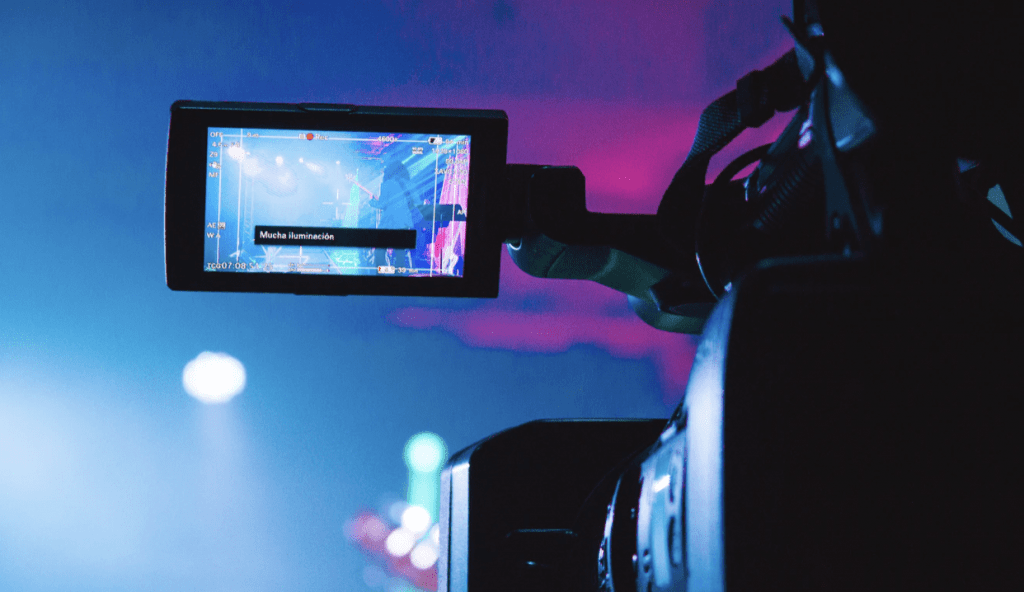
It can be hard knowing how much to charge for video production – with so many caveats, how do you know what your business needs?
When you want high-quality work, setting a realistic budget for video projects and video production jobs is really important. After all, making videos isn’t exactly cheap for the creative. There’s a big initial investment into equipment and software for one, as well as other costs for things like travel if they have to film away from home.
On top of that, video editing can be a long and very time-consuming process if you want everything to look polished. But that’s what this article is here for! To help you figure out what a video budget should look like – no matter what type of work.
Editing
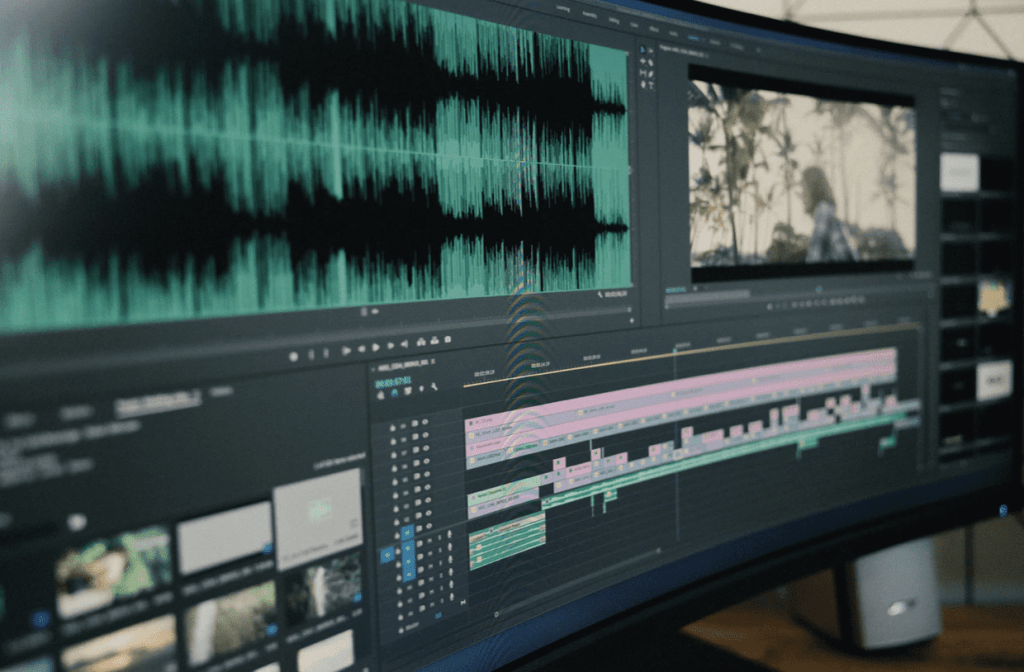
When it comes to video production costs, edits will be on the cheaper end of the spectrum.
For a really simple edit, you could be looking to pay anywhere from $50-100. For full edits on longer projects (color grading, sound production, etc), you’ll probably be paying around anywhere between $150 – $1000. In terms of a video production pricing guide, a good freelancer will likely charge $250 for every 10 minutes of video you want editing (but again, this isn’t set in stone).
Some projects – like weddings, for example – may have a premium on them, on top of the asking price. The program they’re using may even influence the price, too. For instance, if you want a film produced using Final Cut Pro, it’s going to be a tad more expensive than an iMovie edit…
Planning
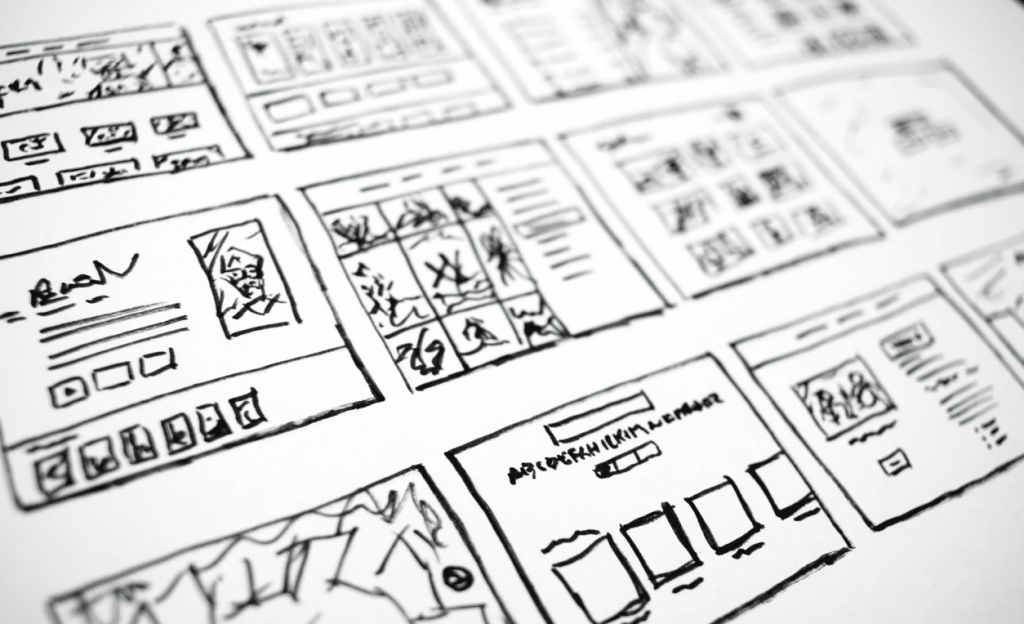
Pre-production is a thing that has to happen. If you’ve got a script, fair enough, but if you need storyboarding or concepts planned out for you, you’re looking to pay anywhere between $60 and $150 an hour.
For a complete project, you could be looking more around the realm of $500. Although this may sound like a hefty video production rate, this is money worth spending – visually stunning videos with no meaning can only have so much impact.
Camera Work
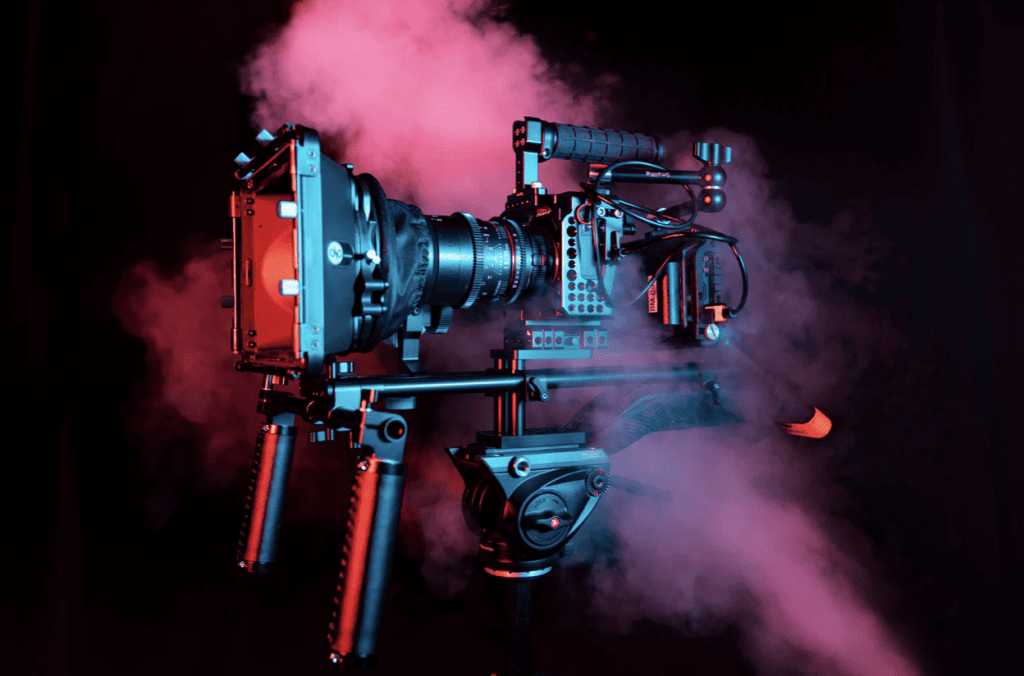
Sure, you could be willing to shell out thousands of dollars and buy yourself an expensive video camera – but, what’s the use if you’ve got no idea how to use it?
Hiring an expert cinematographer (who already owns the equipment, might we add) is likely to save you a LOT of both time and money. A day’s shoot can cost up to $1000. If you need to then hire a crew or actors, you will be adding a couple hundred dollars here and there onto your budget.
Animation

Then you have your Queen of video production prices – Animation. Now, animation can be super pricey – but, there’s a very valid reason!
To create animations takes a whole boatload of skill and practice – with most animators taking years upon years of training. On top of that, it’s a pretty time-consuming profession.
Let’s take frame-by-frame animation, for example. For this, animators have to create each and every frame, and for work that consists of 24 frames-per-second, that becomes 1440 drawings for every minute. Not to mention any voice or sound work you need on top of that – out of all the video production jobs, an animator’s life is an incredibly busy one.
So, to clarify, a minute of animation can take around 4 weeks to be completed from pre to post-production. That will cost you roughly around $1500, for a 2D animation, although will vary depending on the complexity of the artwork. Generally, if you want something more cartoony it will be cheaper, whilst incredibly detailed art is going to drive the cost up.
3D animation, on the other hand, is a whole other ball game – for that, freelancers can charge around $4000 per minute. Compared to Disney, this sounds like a bargain – they are known to pay a staggering $24,156 for every second of animation that makes it into the final cut.
Music Videos
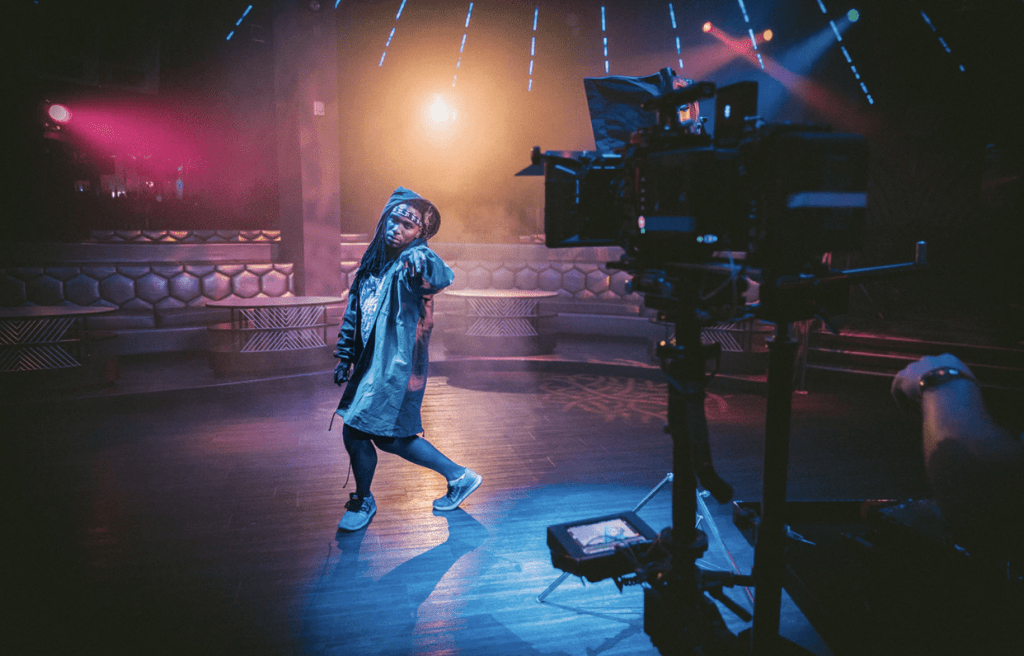
You’re probably not going to get the production value of Single Ladies on a budget – Beyonce’s iconic video cost $200,000 to produce!
But, even a very low-budget music video will still be around $2,000 – $5000. This article breaks it down super well – detailing different music video budgets and informing you what you can expect to get for your money.
Video Production Jobs: Final Takeaways
Remember, these prices are just ballpark figures. At Twine, we like to think of ourselves as experts in the fields of video, design, and anything creative.
However, although these guidelines can give you an estimate, they can change massively depending on the creativity, the scope of the project, or even where you live. Go in with a realistic budget in mind and discuss that with the person you’re hiring. But be prepared to be flexible!
Ready to hire? Our marketplace of over 410,000 freelancers have the skills and expertise needed to skyrocket your business to the next level. From marketers to designers, copywriters to SEO experts – browse the talented bunch here!



